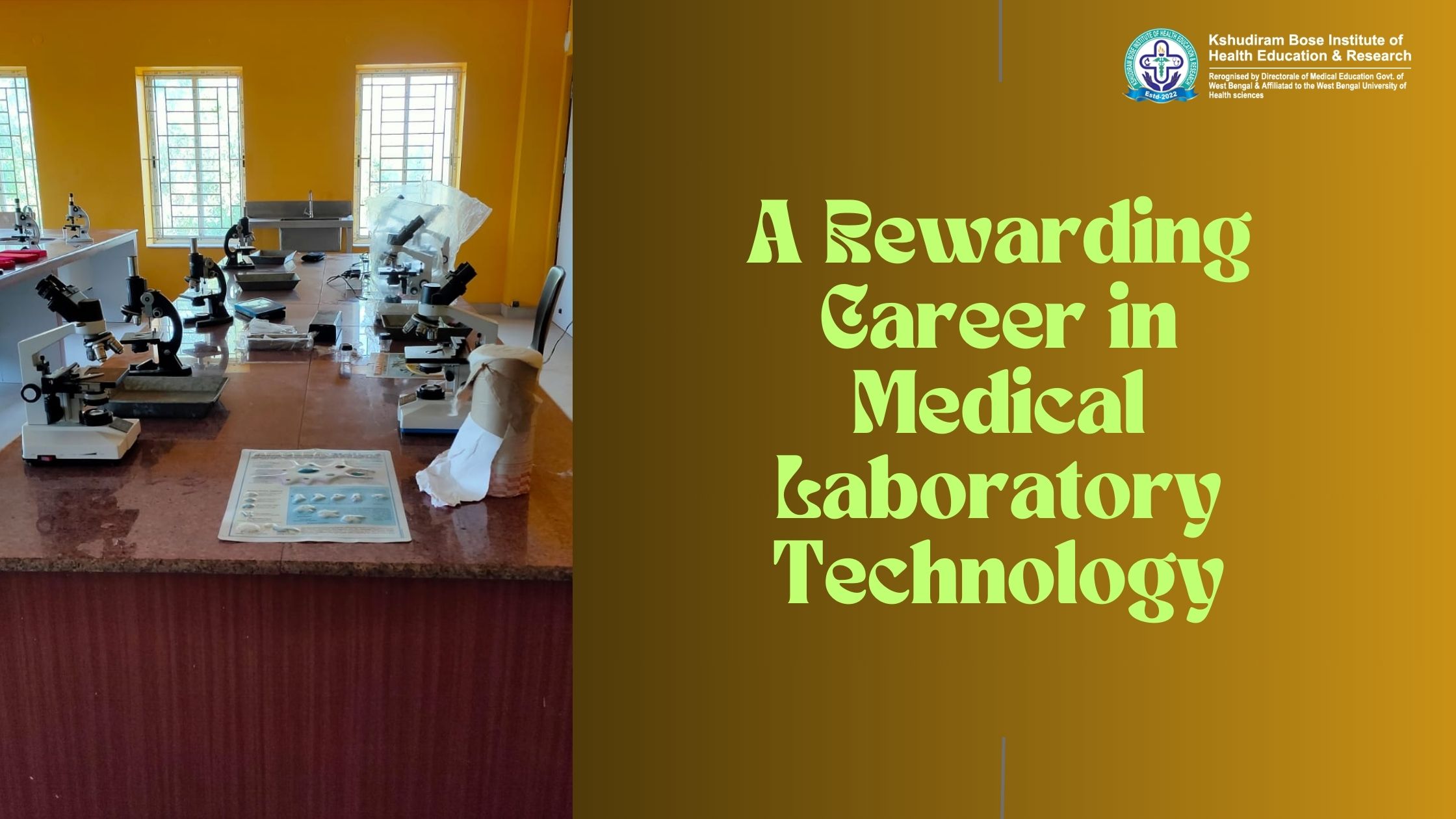
Introduction:
Medical laboratory technology is a rapidly growing field that offers a variety of exciting and rewarding career opportunities. Medical laboratory technicians play a vital role in the healthcare system by performing tests on blood, urine, tissue, and other bodily fluids to help diagnose and treat diseases. They also work to develop new diagnostic tests and procedures, and to ensure the quality and accuracy of laboratory results.
What is Medical Laboratory Technology?
Medical laboratory technology is the application of scientific principles and procedures to the diagnosis, prevention, and treatment of diseases. Medical laboratory technicians perform a wide range of tests on blood, urine, tissue, and other bodily fluids to help doctors diagnose and treat diseases. They also work to develop new diagnostic tests and procedures, and to ensure the quality and accuracy of laboratory results.
Why Choose a Career in Medical Laboratory Technology?
There are many reasons to choose a career in medical laboratory technology. Here are just a few:
How to Become a Medical Laboratory Technician
To become a medical laboratory technician, you must complete a bachelor's degree in medical laboratory technology or a related field. Some programs also require students to complete an internship or externship before graduating.
Once you have graduated from a medical laboratory technology program, you will need to pass a national certification exam to become licensed. Licensure requirements vary from state to state, so it is important to check with your state's Board of Medical Laboratory Technology for specific information.
What are the Different Types of Medical Laboratory Technicians?
There are many different types of medical laboratory technicians, each with their own specialized training and skills. Some of the most common types of medical laboratory technicians include:
Conclusion:
A career in medical laboratory technology is a rewarding choice for those who are interested in science and healthcare. Medical laboratory technicians play a vital role in the healthcare system by helping to diagnose and treat diseases. They also work to develop new diagnostic tests and procedures, which can improve the lives of patients around the world.